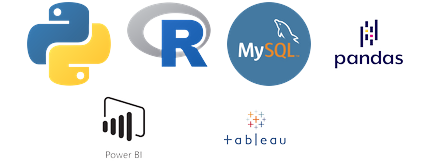What is Power Apps?
Power Apps is a low-code/no-code development platform by Microsoft that allows users to build custom applications for business needs. It enables users to create web and mobile apps with minimal coding by using a drag-and-drop interface. Power Apps is part of the Microsoft Power Platform, which includes Power BI (for analytics), Power Automate (for workflows), and Power Virtual Agents (for chatbots).
Key Features of Power Apps:
- Low-code development: Build apps without deep coding knowledge.
- Integration: Connects with Microsoft products like SharePoint, Excel, Dynamics 365, SQL Server, and external services like Salesforce.
- AI & Automation: Supports AI Builder and Power Automate for intelligent automation.
- Custom UI: Allows drag-and-drop customization of UI components.
- Cross-platform: Works on web, Android, and iOS.
How to Learn Power Apps
1. Beginner Level
- Microsoft Learn (Official tutorials) → Microsoft Power Apps Training
- YouTube tutorials → Channels like “Power Platform TV” & “April Dunnam”
- Blogs & Documentation → Power Apps Blog
2. Hands-on Practice
- Create a simple app using SharePoint or Excel as a data source.
- Use Power Apps Studio (available in Microsoft 365) to explore templates.
- Join Power Apps Community (community.powerapps.com) for discussions and solutions.
3. Intermediate to Advanced
- Learn Power Automate for workflow automation.
- Work with Dataverse (Microsoft’s cloud database for Power Apps).
- Explore AI Builder for adding AI features.
- Integrate with Power BI and Azure services.
4. Certification & Courses
- PL-100 (Microsoft Power Platform App Maker) certification.
- Platforms like Udemy, LinkedIn Learning, and Coursera offer structured courses.
Getting Started
- Sign up for Power Apps Developer Plan (free) at Power Apps.
- Experiment with pre-built templates.
- Join Microsoft Power Platform communities.
- Build a real-world project to apply concepts.

